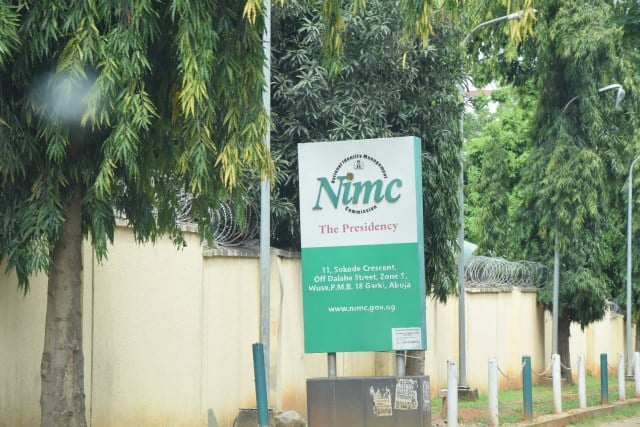Understanding Donald Trump's reciprocal tariffs impact on Indian industries
As there is a threat of impending reciprocal tariffs due to be announced later today on India too and while the nation has already set in motion the plan to counter the impact of these tariffs on its exports, here is what Indian and its different industries may face.
First things first, reciprocal tariff move by the US President Donald Trump is his strategy to rebalance international trade as well as boost American manufacturing while collecting payments by way of tariffs for financing domestic initiatives. Further, this is a way to balance trade as Trump believes that while the US levies low tariffs or duties, other nations charge higher duties or impose greater trade barriers in respect of American goods.
And as per a PTI report, this trade imbalance has resulted in a trade deficit of USD 1 trillion impacting American economy and its citizens.
GTRI founder Ajay Srivastava in a PTI report remarked that the actual import tariffs on US exports is already lower than often claimed. And in a case, the US sticks to a fair trade approach then India may continue to export to the US with minimum disruption.
Experts are still unclear as to how the US may charge tariffs on different exports- - whether it will be at the product, sector, or country level.
Beverage: As per reports, India's beverage export to the US is worth $390 million annually.
Shrimp and fish products: The export of this product category is worth a massive $2 billion and a sharp tariff hike could result in serious challenges. Srivastava said that the hardest-hit sector will be fish, meat, and processed seafood, with USD 2.58 billion in exports facing a 27.83 per cent tariff differential. Shrimp, a major export, will become significantly less competitive, he added.
Agriculture: Indian export of cereals, vegetables, fruits as well as spices aggregates to USD 1.91 billion and faces 5.72 per cent differential in tariffs in some of the markets. Higher taxes may make Indian agriculture produce less competitive in global markets as well as weigh on their profit margins.
Dairy: Dairy industry is also expected to see a sharp blow amid a huge tariff differential, partly weighing on the country's market share.
Dairy products worth USD 181.49 million will be severely affected by a 38.23 per cent tariff differential, making ghee, butter, and milk powder costlier, reducing their market share.
Breweries: As per a PTI report, products within the basket face the highest tariff hike of 122.1 per cent, though exports are only USD 19.20 million.









